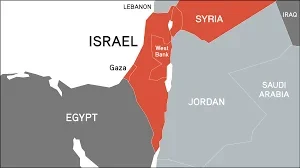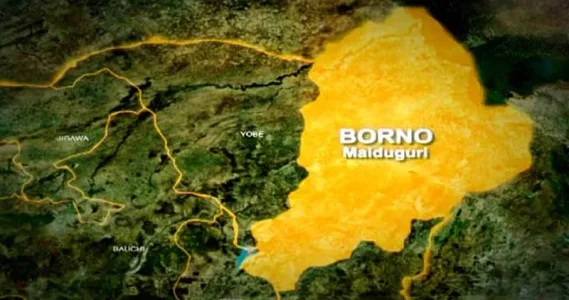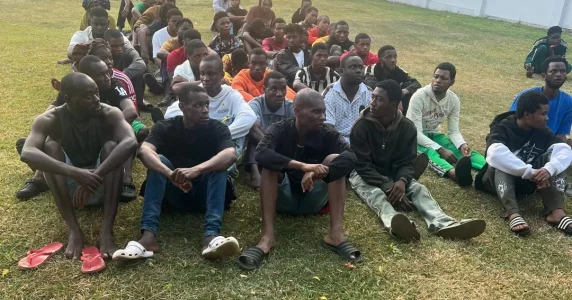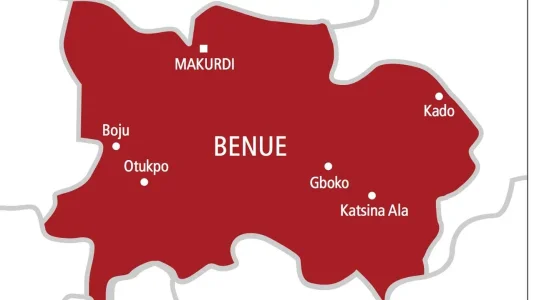
In recent years, attacks on the Al-Aqsa Mosque and Gaza refugee camps have played a pivotal role in the ongoing conflict between Israel and Palestine, leading to an alarming rise in casualties. Since Saturday, the crisis has intensified, resulting in over 1,000 casualties on both sides. Palestine has reported 421 deaths and 2,220 injuries, while Israel has suffered over 700 casualties with 2,156 injuries.
Hamas, the armed wing of the Palestinian government in Gaza, launched a large-scale operation called "Operation Al-Aqsa Storm" in response to Israel's perceived brutality against Palestinians. This includes attacks by Israeli settlers on Palestinian villages, violence at the Al-Aqsa Mosque, and a significant number of Palestinian deaths.
Hamas leader Mohammed Deif cited the 16-year blockade of Gaza, Israeli raids in the West Bank, and the growth of settlements as reasons for the assault. This operation, code-named 'Operation Al-Aqsa Flood,' marks the most serious escalation since the 2021 war between Israel and Hamas.
Both sides have seen significant rocket attacks and military operations. International experts and diplomats have expressed concerns about the conflict, emphasizing the need for a two-state solution to end the ongoing standoff. The international community is also calling for an end to violence and adherence to international laws.
Iran has been accused of sponsoring Hamas in the attacks, while Hezbollah, the Lebanese resistance group, has joined the fight against the Israeli occupation. Nations like Nigeria, China, Saudi Arabia, and Egypt are urging a ceasefire, while the United States has pledged military support to Israel.
The situation remains highly volatile, with both sides experiencing devastating consequences and international pressure mounting for a peaceful resolution




